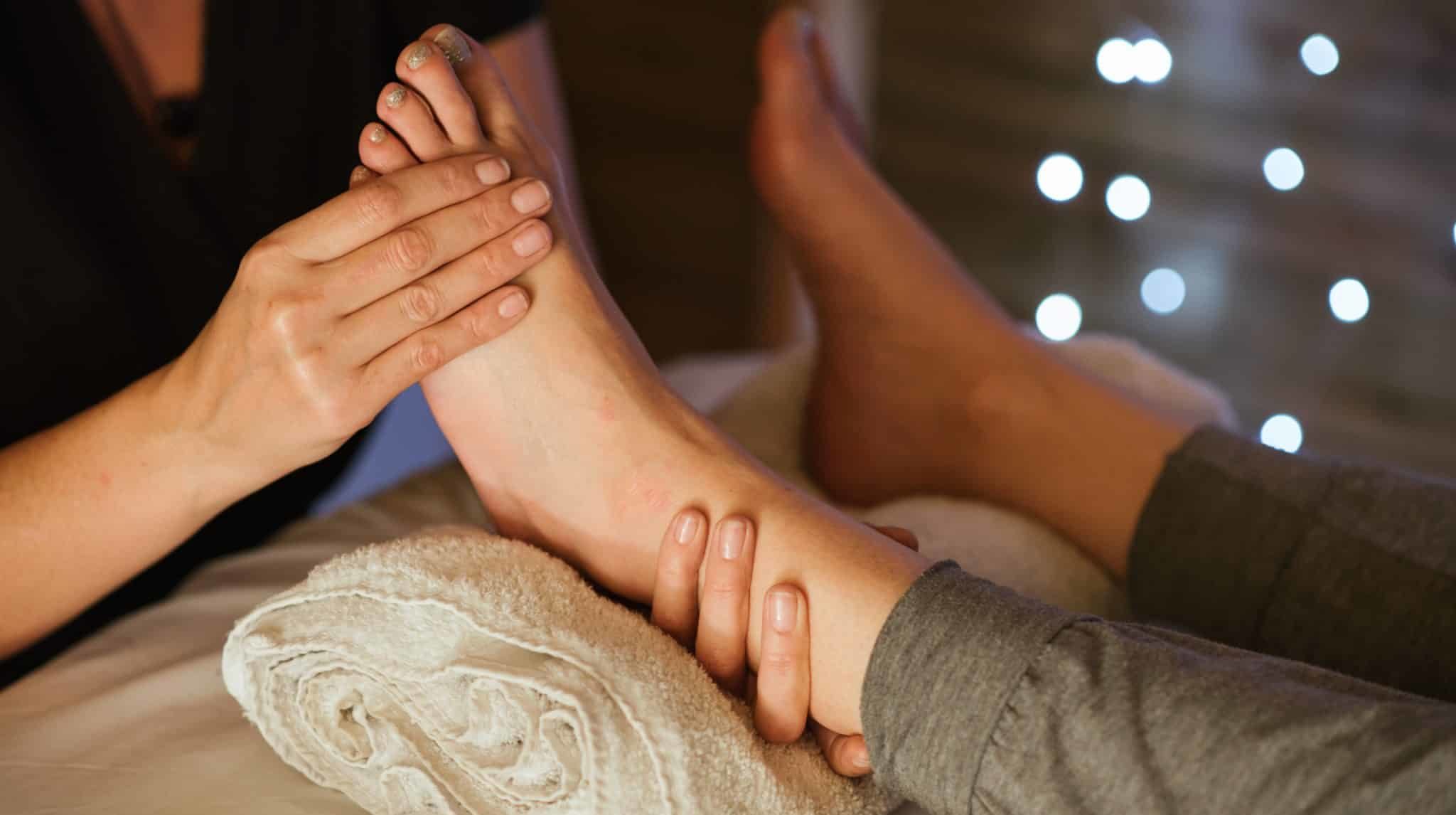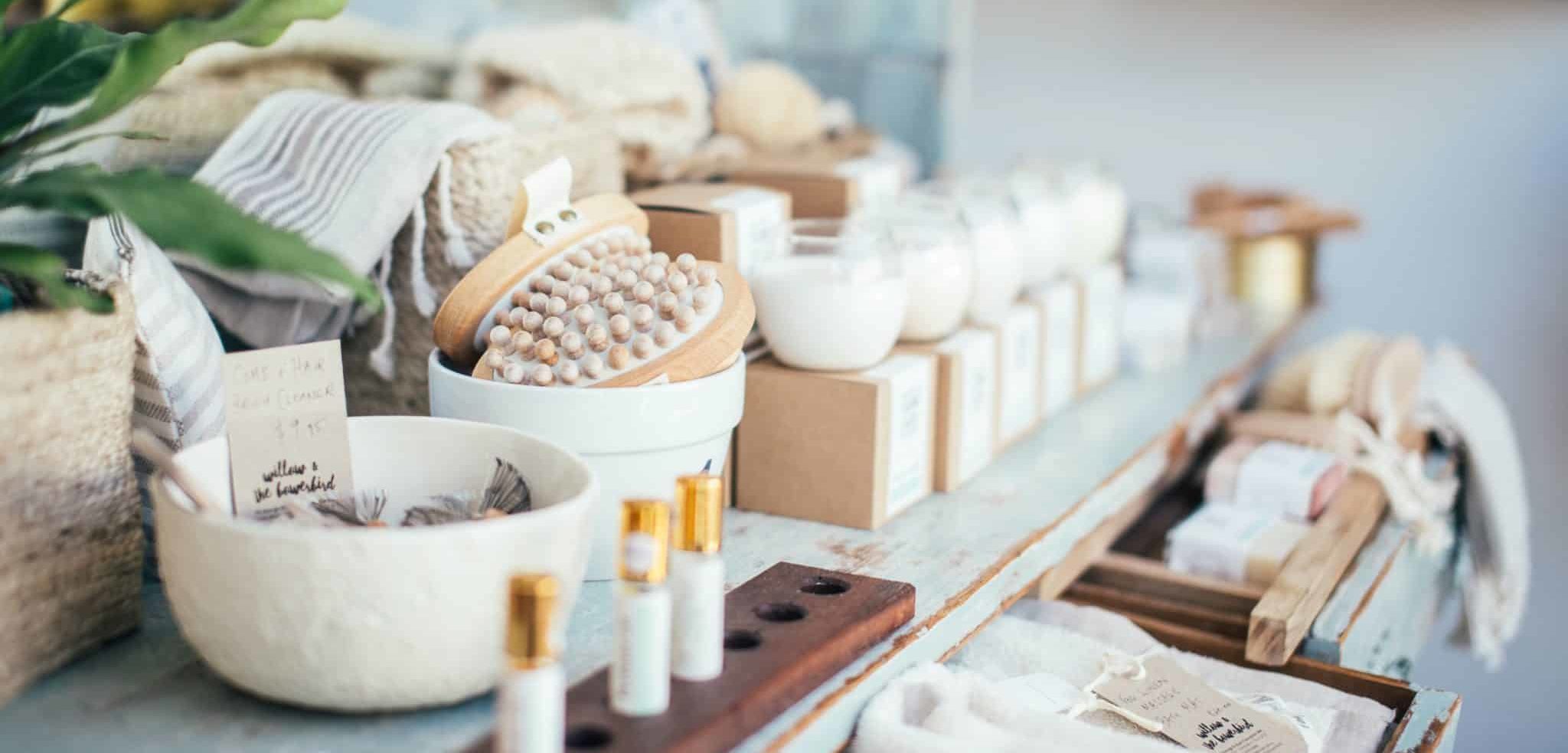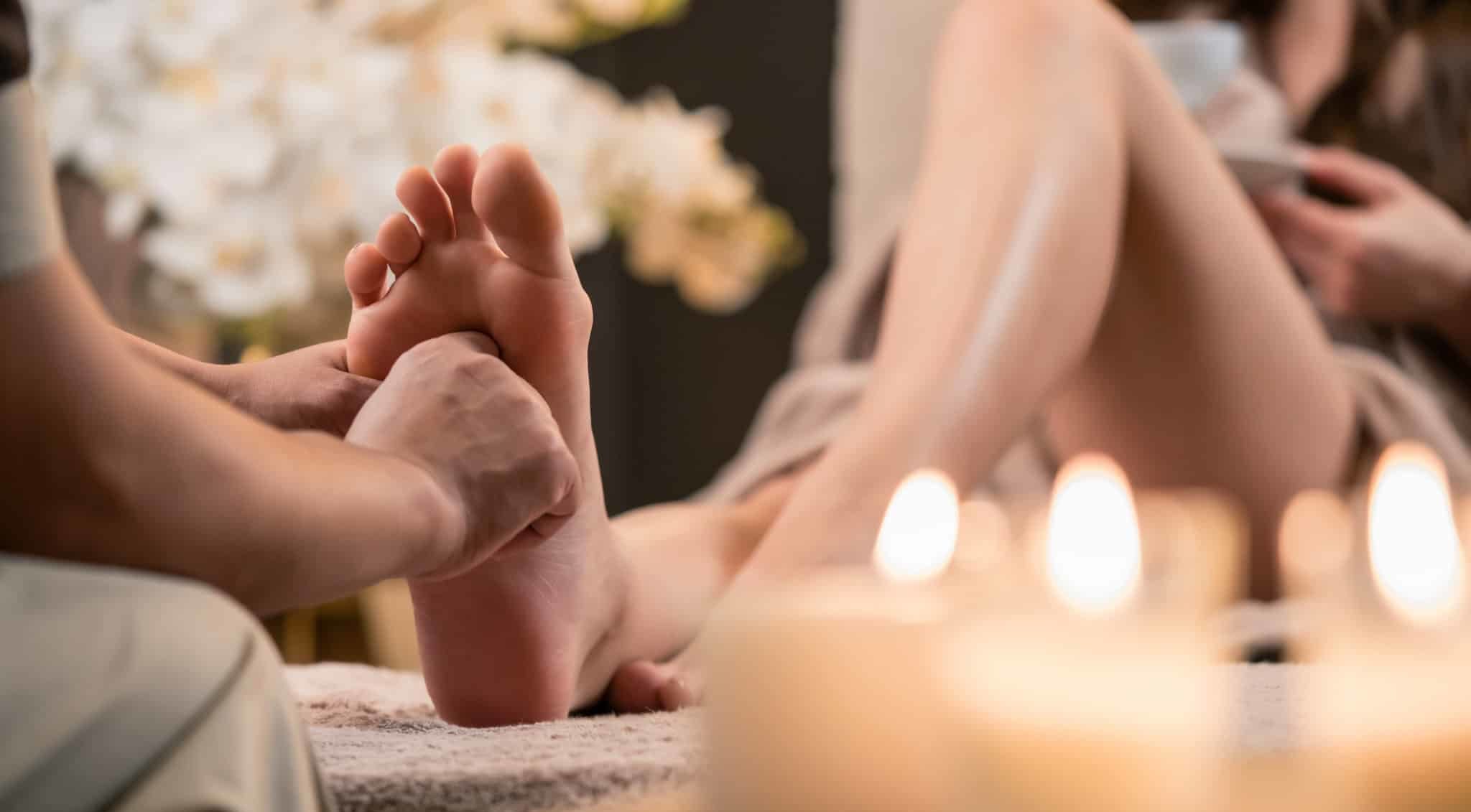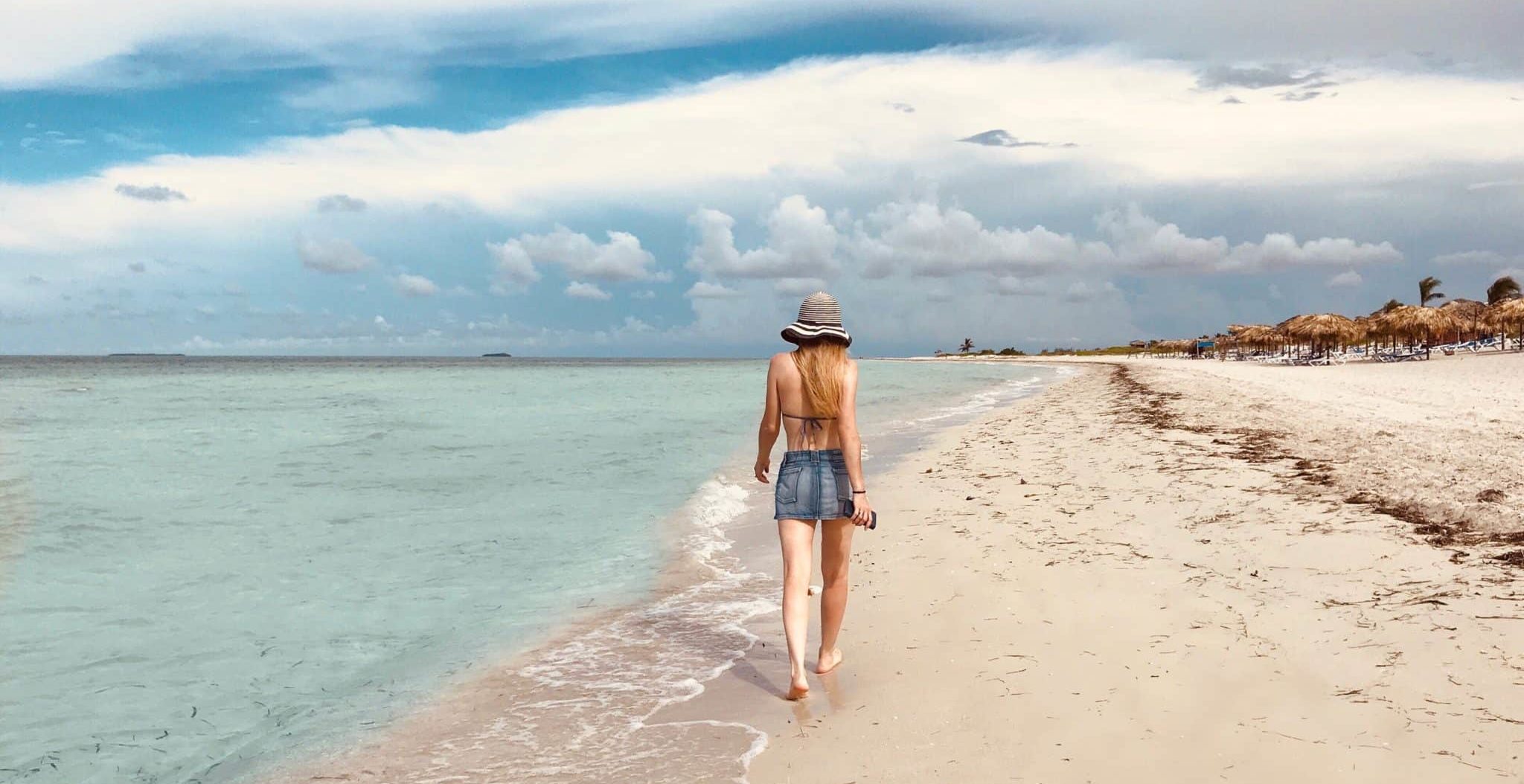
The history of Reflexology is hard to tackle because it is an ancient practice exchanged through oral traditions and word of mouth. We’ve all played a game of telephone before, and you know how quickly things get lost in translation.
The first possible reflexology teaching was recorded on the Egyptian tomb of Ankhamor in 2330 BC.
The Reflexology symbols are also recorded on the Buddha statue in India and later in China. Here is a little bit of a time-line to paint a better picture:

The pressure to the feet, hands, or ears sends a calming message from the peripheral nerves in these extremities to the CNS, which signals the body to adjust the tension levels. It positively affects the circulatory, respiratory, endocrine, immune, and neuropeptide system in the body.
It enhances relaxation
It brings internal organs and their systems into a state of optimal functioning.
Reflexology reduces pain through the “gate control theory,” or also known as the Neuromatrix Theory of Pain. The Neuromatrix Theory explains that pain is a subjective experience created in the brain. The brain does this in response to the sensory experience of pain; however, it can also work independently of sensory input and create pain in response to cognitive and emotional factors.
This means that when you experience high levels of emotional distress, it can also influence your response to pain.
Like the Neuromatrix Theory, we are working with the body’s emotional and cognitive response to stimuli.
If we don’t make an effort to work through stress and move the energy through the body, it becomes congested, resulting in pain and illness.
Reflexology began with Zone Theory, in which the body is divided into ten vertical zones. Every finger and toe corresponds to different zones through to your head. In theory, every organ, valve, muscle, etc., is connected to a point on the feet or hands.
There are risks to getting a Reflexology treatment if you are healing from a fracture, wound, or active gout in the foot. We recommend that you consult your primary physician before starting Reflexology if you have osteoarthritis that impacts the legs or feet, ankles, or vascular disease. However, you can still get Reflexology on the hands and ears.
Your reflexology treatment is altered when working on the uterine and ovarian reflex points in your first six weeks of pregnancy. The practitioner will use gentle pressure or avoid the area altogether, exercising caution due to reports that confirm stimulation may cause contractions.
If you suffer from thrombosis or embolism, you should avoid Reflexology therapy because improved circulation can cause a clot to move towards the brain or heart.
In general, practitioners will not work with open wounds or choose to wear gloves during your treatment.

So why should you get a Reflexology massage? In this part of the blog, we will dive into the benefits and importance of foot massage and Reflexology.
If you experience sensitivity or tenderness during stimulation, that’s usually a sign indicating bodily weakness or imbalance within the targeted organ.
Here are the seven benefits of Reflexology:
Address headaches, sinus problems, and stomach issues.
Clear channels of blocked energy through blood flow and nerve impulses
Cleanse the body of toxins
Boost Immune System
Increase Circulation
Promote Healing
Balance your energy
A few things to remember before and after treatment:
We recommend waiting at least 1 hour before eating after your treatment.
If you are pregnant, we recommend a Prenatal Massage instead.
Drink lots and lots of water
Consult your doctor if you have foot problems and blood vessel disease associated with clots/varicose veins.

A short and straightforward at-home massage can be done one of two ways, first in the morning and then before bed. It doesn’t require a lot of time or energy. However, the results, let’s say your feet will thank you for it!
All you need is, well, however much time you want to dedicate to this massage. The hardest part will be building a habit out of it. There are four simple exercises, and you can pick if you want to do just one or all of them.
Massage Techniques:
Ankle Circling- Try this first thing in the morning, after work (wash your hands and feet first), or before bed. Find a comfortable seat. Take your foot and place it over your thigh, take the sole of your foot, and gently move it in a circular motion clockwise and then counter-clockwise.
This move should feel yummy on your joints and ease the tension in your ankles.
Sole Rub (Soul Rub)- because you can’t deny that foot massages feel AMAZING. Use brisk strokes first thing in the morning to get some blood flow going, or opt. for gentle strokes if you are looking to soothe your feet after a long day.
Place your leg over your thigh, use your thumbs to massage the sole of your foot with both hands.
Toe Stretch- Take your toes and stretch them from and towards you back and forth. You might feel a nice stretch on the top of your foot. You can tap the sole of your foot with your fist or palm for added sensation.
Thumb Circling- In a rhythmic movement with your thumbs, knead circles across the sole of your foot.
Alright, this one shouldn’t be too hard, especially when you are taking walks along the beaches of Oahu or spending time outside at the park with your dog.
Walking around barefoot is the best way to get relaxation from wearing shoes all day. Not to mention relief from the deformities (bunions and hammertoes) that come from wearing improper shoes.
If you are not convinced yet, here are other benefits of walking around barefoot:
Stronger leg muscles help support the lower back region.
Better control of foot positioning (if you roll your ankles often, this is crucial for you.)
Improve balance, proprioception, and body awareness
Improve range of motion in foot and ankle joints
Adequate strength and stability in muscles and ligaments
You barely have to think about walking barefoot; it is simply a choice before you step out the door. The goal is to make an effort one or two times a day when you lose the shoes and practice walking on sand.
Plus, if you feel on edge after a long day, spending time in nature can help you get grounded and reconnect with yourself.
Honolulu, on Oahu, has got miles of sandy beaches, so you don’t have any excuses.

Alright, now that we have you here, when are you going to schedule an appointment?
Scheduling yourself in for a foot massage is more than a form of self-care; it is an act of self-love. It
is vital to refill our cups to show up our best for ourselves, our families, and at work. Plus, do you want to take a break from cycling this week? We didn’t think so.
At Hawaii Natural Therapy, we are here to support your well-being, inside and out. That is why our team of professionals is ready to accommodate your needs when you pick up the phone.
Now you can schedule your appointment online or give us a call at the clinic to schedule with one of our friendly staff. We look forward to hearing from you.